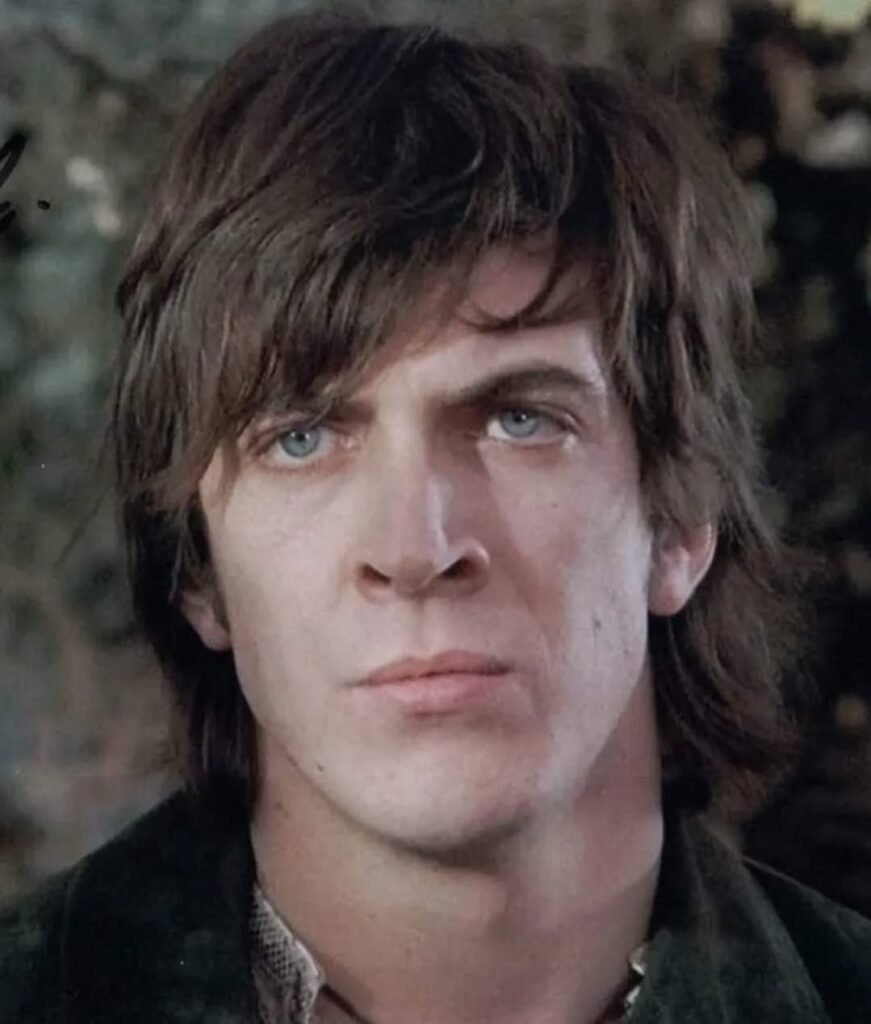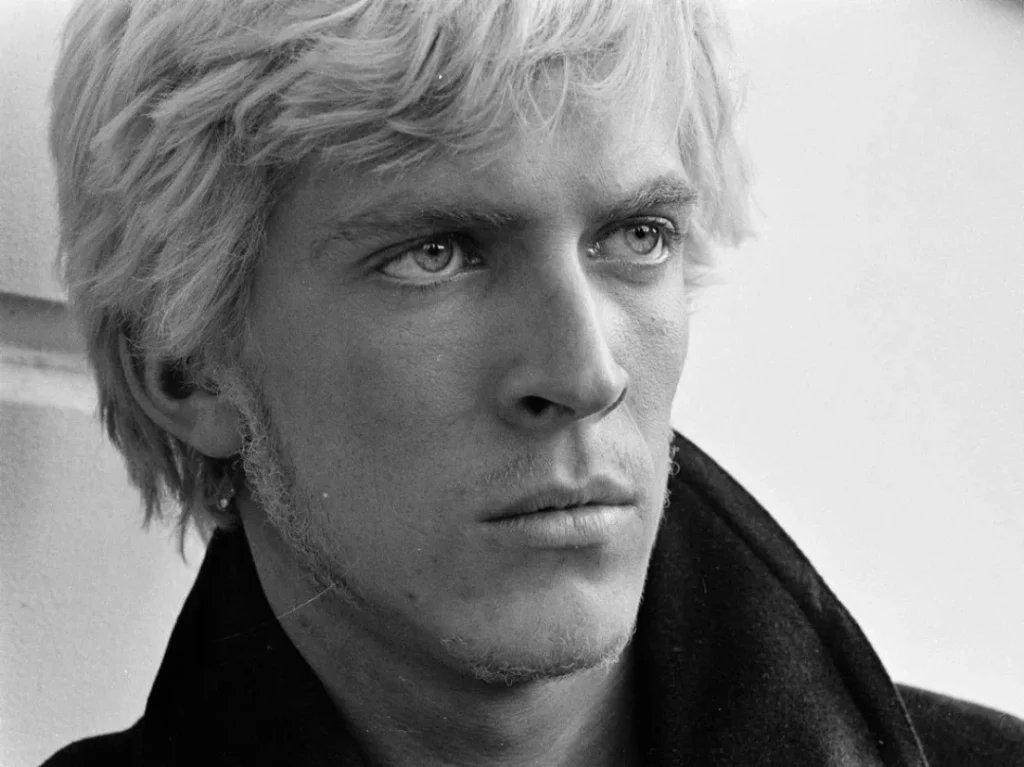The UK is mourning the loss of Norman Eshley, one of television’s most recognisable faces from the 1970s and 1980s, who died aged 80 on 2 August 2025 after a battle with cancer. Eshley passed away at Gloucestershire Royal Hospital, surrounded by his wife, Rachel, who spoke of her deep gratitude for the time they shared and described him as her husband and best friend. News of his passing has prompted widespread tributes, highlighting the enduring affection the British public holds for his work and his charismatic presence on screen.
Early Life and Path to the Stage
Eshley was born in Bristol on 30 May 1945. He attended Bristol Grammar School and originally worked in a bank—a far cry from the creative world he would soon enter. His desire for something more led him to train as an actor at the prestigious Bristol Old Vic Theatre School. There, his talent flourished, and he landed early theatre roles, including Shakespearean plays and acclaimed West End productions, setting the stage for a remarkable career.
Breakthrough Roles and TV Stardom
Although Eshley’s early appearances included serious and villainous roles, his breakthrough came in the world of sitcoms. He became a household name for his portrayal of Jeffrey Fourmile, the snobbish estate agent and exasperated neighbour, in ITV’s “George and Mildred.” His chemistry with Brian Murphy and Yootha Joyce, who played George and Mildred respectively, was vital to the show’s success, drawing millions of viewers and cementing its status as a staple of British comedy.
Before “George and Mildred,” Eshley had appeared in “Man About the House,” the parent show to “George and Mildred.” In “Man About the House,” he played multiple roles, notably Chrissy’s brother Norman and the philandering Ian Cross, showcasing his versatility. Eshley’s work in these series not only demonstrated his comedic timing but also established his connection with British audiences, many of whom grew up watching his performances.
Film and Other TV Credits
Beyond sitcoms, Eshley proved his range. He made his film debut in the Orson Welles-directed “The Immortal Story” in 1968. TV appearances included “Canterbury Tales,” an adaptation of Chaucer’s classic, and “Warship,” where he depicted life in the Royal Navy. He turned up in numerous other series, from classic dramas like “I, Claudius” to crime favourites like “The Bill,” “Taggart,” and “Minder.” Eshley was respected for both his steadiness in supporting roles and his ability to command leading parts when called for.

Adversity and Later Years
Eshley’s later career was affected by tragedy. In 1993, he was involved in a serious car crash while in France, suffering injuries that resulted in long-term memory problems. These difficulties impacted his ability to memorise scripts, forcing him to step back from demanding theatre roles and focus on guest appearances on television. However, Eshley’s love for the arts endured, and he continued to work in voice acting and narration, contributing to music and radio.
Author, Storyteller, and Legacy
Eshley was also a creative writer. He co-wrote “The Dreamtime of the Artful Dodger,” a bold sequel to Dickens’s “Oliver Twist,” which imagined the future of the character after his deportation to Australia. The project reflected both Eshley’s curiosity and his desire to explore narratives beyond traditional television fare.
His colleagues and fans describe him as warm, kind, and grounded. Tributes from his family, his agent, and admirers on social media reflect how dearly he will be missed, not only by those who knew him personally but by generations who enjoyed and were inspired by his work.
A Voice for the Ages
Norman Eshley’s distinctive voice, always brimming with character and wit, will continue to echo through his many performances. His portrayal of Jeffrey Fourmile, in particular, remains one of the truly great characters of British television—a fitting legacy for a man who brought laughter and vitality to the nation for over five decades.
His career is a reminder of the vital role comedy and drama play in British life and how actors, through their range and passion, can become part of the cultural fabric. Norman Eshley’s impact will live on, with reruns, fond memories, and the laughter he brought to living rooms across the UK.
On-Screen Breakthrough
His first major film appearance was in Orson Welles’ 1968 drama, “The Immortal Story,” a project that introduced him to a wider audience. Television soon beckoned, and Eshley took on roles in “Canterbury Tales”—a Chaucer adaptation—and “Warship,” which explored naval life on the fictional HMS Hero. Over the years, he appeared in genre-defining British series, including “I, Claudius,” “The Sweeney,” “Return of the Saint,” and “The Bill,” cementing his place in the UK’s cultural landscape.
Sitcom Stardom
Though he showcased versatility in drama and thrillers, Eshley achieved iconic status in comedy. His portrayal of Jeffrey Fourmile in ITV’s “George and Mildred” made him a household name. Fourmile, the fussy, right-wing estate agent living next door to the titular couple, provided constant comic tension and became a television staple. “George and Mildred” was a spin-off from “Man About the House,” in which Eshley had already played two different roles, displaying both his comedic timing and adaptability.
Personal Life and Adversity
Eshley’s private life was marked by love and resilience. He was married three times, with his final marriage to Rachel Spiers bringing him stability and support in his later years. In 1993, tragedy struck when Eshley suffered severe injuries in a car accident in France. He sustained lasting memory problems, which eventually restricted his theatrical work and reduced his on-screen appearances. Yet, he found avenues to stay involved in the arts, turning to narration and writing.
Conclusion:
Norman Eshley leaves behind an indelible mark on British entertainment. His versatility as an actor, coupled with his warmth and resilience in the face of adversity, made him a cherished figure both on and off screen. From memorable sitcom roles to his creative ventures as a writer, Eshley’s legacy endures through the laughter and inspiration he brought to audiences across the UK. His performances will continue to be celebrated, ensuring he remains a beloved part of the nation’s television history.
Read More: Birmingham Airport: Powerhouse facing headlines

